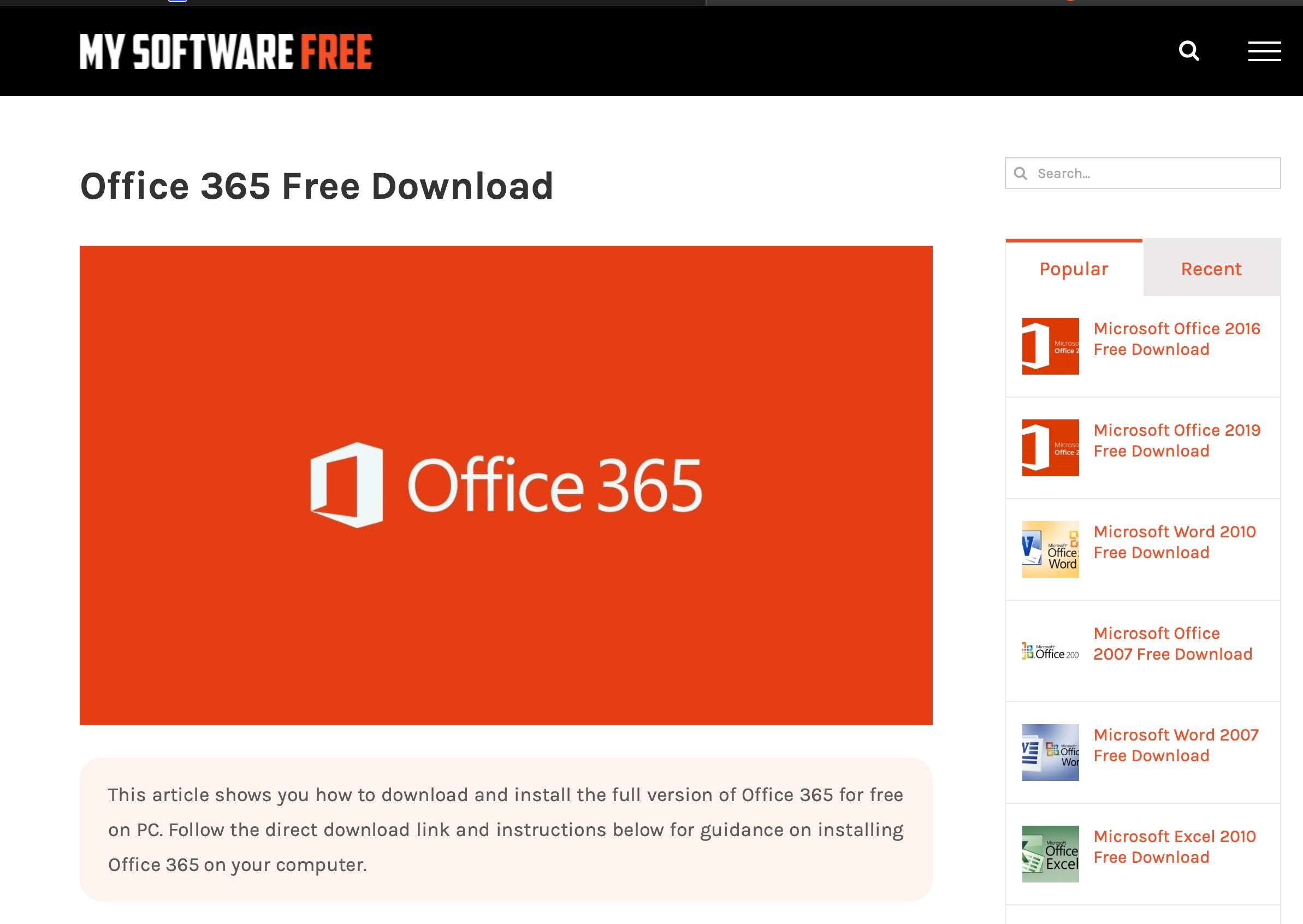As the number of available imaging AI algorithms grow each month, the ability to truly validate a model’s performance and use that validation to enhance its clinical and operational performance has arguably become more important than the study-based accuracy claims. In the “prove it and improve it” phase of the imaging AI adoption curve, Qure.ai’s recent algorithm validation partnership with MEDNAX and vRad, a MEDNAX company, is of interest. The Imaging Wire sat down with Chiranjiv Singh, Qure.ai’s Chief Commercial Officer; Brian Baker, Director of Software Engineering for vRad; and Imad Nijim, CIO for MEDNAX Radiology Solutions and vRad, to discuss the origins and results of their efforts to validate Qure.ai’s qER solution “in the wild.”
Read the full story at The Imaging Wire
- WILD.AI Breaking news: women are not men. If your account has an associated email, you can log in here. Don't have an account?
- Despite this, the vulnerabilities and exploits discovered by researchers are not widely used in the wild by macOS threat actors, and that is largely because they have found other ways to the same end. In this post, we continue our look at the role of privilege escalation on macOS from the point of view of malware developers and how they take a.
FemTech apps tracks women’s fitness all the way to a $50 billion industry.

Character created with AI image breeding and paint-over. Fast and interesting. It is the future.@Artbreeder.
Running a startup is like getting fired a few times a day', says the CEO of WILD.AI, Hélène Guillaume. “Between investors who pull out or strategic partners who don’t come on board ... and being a founder is way less sexy than it sounds.”
Free Mac Os Download
Yet the 33-year-old’s perseverance to change the lives of millions of women is paying off with an AI-powered app she founded. “When I see people joining our team, or investing or athletes, like Paula Radcliffe, endorsing us, it makes the risks and all-nighters incredibly rewarding.”

A competitive rugby player who now does 100-km ultra runs, Half Ironman triathlons and ice swimming, Guillaume had little understanding about her own physiology and was training and eating like a man. “I wanted to transform an industry through sports perfor- mance and female health.”
She combined a passion for sports with her busi- ness education, a Master’s in Finance and Financial Risk Management, and scientific background as a management consultant optimizing internal risk models using AI to Fortune 500 companies, including Fannie Mae, to found WILD. AI in 2017 in San Francisco.
Although women make up nearly half of the popula- tion, a recent paper on “Sex Bias in Neuroscience and Biomedical Research” shows that 80% of the animals used in research are male. “These findings cannot be applied to women who are impacted daily by the 500 menstrual cycles they’ll ex- perience over 40 years. More so, a 22-year-old taking the pill has different nutrition- al needs, physiology and digestion than a 47-year-old perimenopausal woman.”
Using the catchphrase “Unleashing the beast in female athletes,” Guillaume and her team want to radi- cally advance female health by building the largest record of female datasets— across all ages, life stages and ethnicities—to help women understand their bodies. “Based on fitness trackers, blood tests and pap smears, women have vast amounts of data but it’s not stored in one place. We understand our cars more than our own bodies.”
Through WILD.AI’s research and algorithms, the app will not only be able to predict that in two days
a woman will experience bloating or menstrual pain, but how to alleviate these symptoms. It’ll indicate that during ovulation, when the body is particu- larly strong, workouts can be pushed, and even be able to foretell a window of a higher sex drive.
According to Pitchbook, the 2018 FemTech market reaped $650 million in funding, nearly seven times more than five years ago and is esti- mated to get $1.3 billion worth of investments in 2020. Frost & Sullivan hails FemTech as “the next big phenomenon
in the women’s health” with a market potential of $50 billion by 2025.
Best Ai Os
The former Hedge Fund quant says angel investors and advisors have been critical to the startup’s growth, enabling them to reach some of the most renowned researchers in female health, senescence, and human performance. They’ve been funded by the London-based deep tech incubator Entrepreneur First (which includes board member and Linkedin cofounder, Reid Hoffman, and is backed by Greylock Partners, Founders Fund and McKinsey), as well as The Refiners in San Francis- co, started by three French entrepreneurs, including Géraldine Le Meur (LeWeb).
Ai: Wild & Free (demo) Mac Os X
With a cosmopolitan up- bringing smattered across Monaco, Belgium, Hong Kong, Japan, Peru, the U.K. and the U.S, the bilingual entrepreneur says the Prin- cipality is home to a pool of successful entrepre- neurs, potential investors, athletes and organizations like the International Athletics Association Federation, a key player in sports and health.
Ai: Wild & Free (demo) Mac Os Catalina
“People have been intrigued by our WILD.AI app, as well as the finan- cial upside of a $50 billion female health market, untapped until now.”